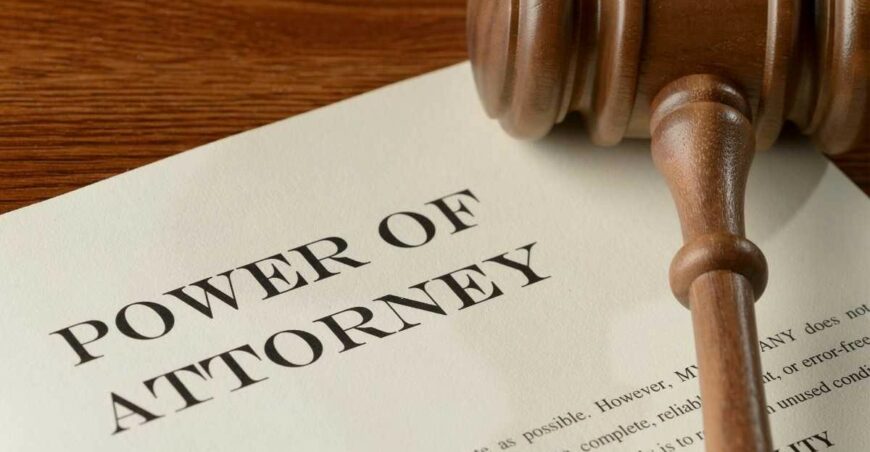There are many aspects of estate planning that may call your attention as you are considering who will manage your assets, what medical treatments you want in the event of an accident, or who will inherit your estate. One aspect you want to consider is establishing a Power of Attorney. This is an essential step to your estate planning that you do not want to ignore.
What is a Power of Attorney? A Principal? An Agent?
To start, a Power of Attorney is a legal document that essentially gives one person, or people, the power to act for someone else. In your own case, it might be that you want to give someone power to act in your interest regarding your assets. For example, the document can give someone the power to pay your bills while you are away on a trip. In this example, you would be the principal and the agent would be the person given the power. The most important aspect of a Power of Attorney and the chosen agent is that the agent must be acting in the best interest of the Principal at all times. The agent might also be referred to as the “attorney-in-fact”.
What are the Types of Power of Attorneys?
There are generally three major types of Power of Attorneys: limited, general, and medical. Each of these will have a different function and impact your estate planning differently.
A limited Power of Attorney only allows an agent to take specific measures or make specific acts in relation to a principal’s estate planning. The example used above about paying a principal’s bills would be a limited Power of Attorney, as would only allowing a principal to sign certain documents. A Limited Power of Attorney is also typically temporary, so that the agent may only act on the principal’s behalf for a specific amount of time. It is also often used in real estate transactions, where someone is not able to attend a closing in person.
Alternatively, a general Power of Attorney grants significantly more power. You want to consider this option as it is a long-term solution in the event that you are unable to manage your assets yourself. This document allows the agent to do about everything the principal could. It should also be noted that a Power of Attorney may appoint several agents, allowing them to either work separately or jointly.
Finally, a Medical Power of Attorney gives an agent the right to give consent for their principal to undergo medical procedures and care. This type of Power of Attorney typically goes into effect when the principal is unable to make decisions about their own medical care. It can be made so that the document only goes into effect when the principal becomes disabled, and is usually advised to make this irreversible. It is also advised to appoint an alternate agent so that in the unfortunate case a principal’s first agent is unable to make medical decisions, the alternate can step in. This type of document is also known as an advanced healthcare directive, or a “living will”.
Another important thing to note about Power of Attorneys is that it does not grant an agent the power to gift their property unless specifically stated on the POA. It is generally accepted, however, for an agent to gift to charities and other objects as the principal would have been expected to make. A Power of Attorney may be revoked by being physically destroyed or by the principal revoking it in writing.
A Power of Attorney is a vital step in estate planning, one that should be taken with great care. Deciding what kind of Power of Attorney is right for you, the contents, and the people involved are all crucial to the decision.

